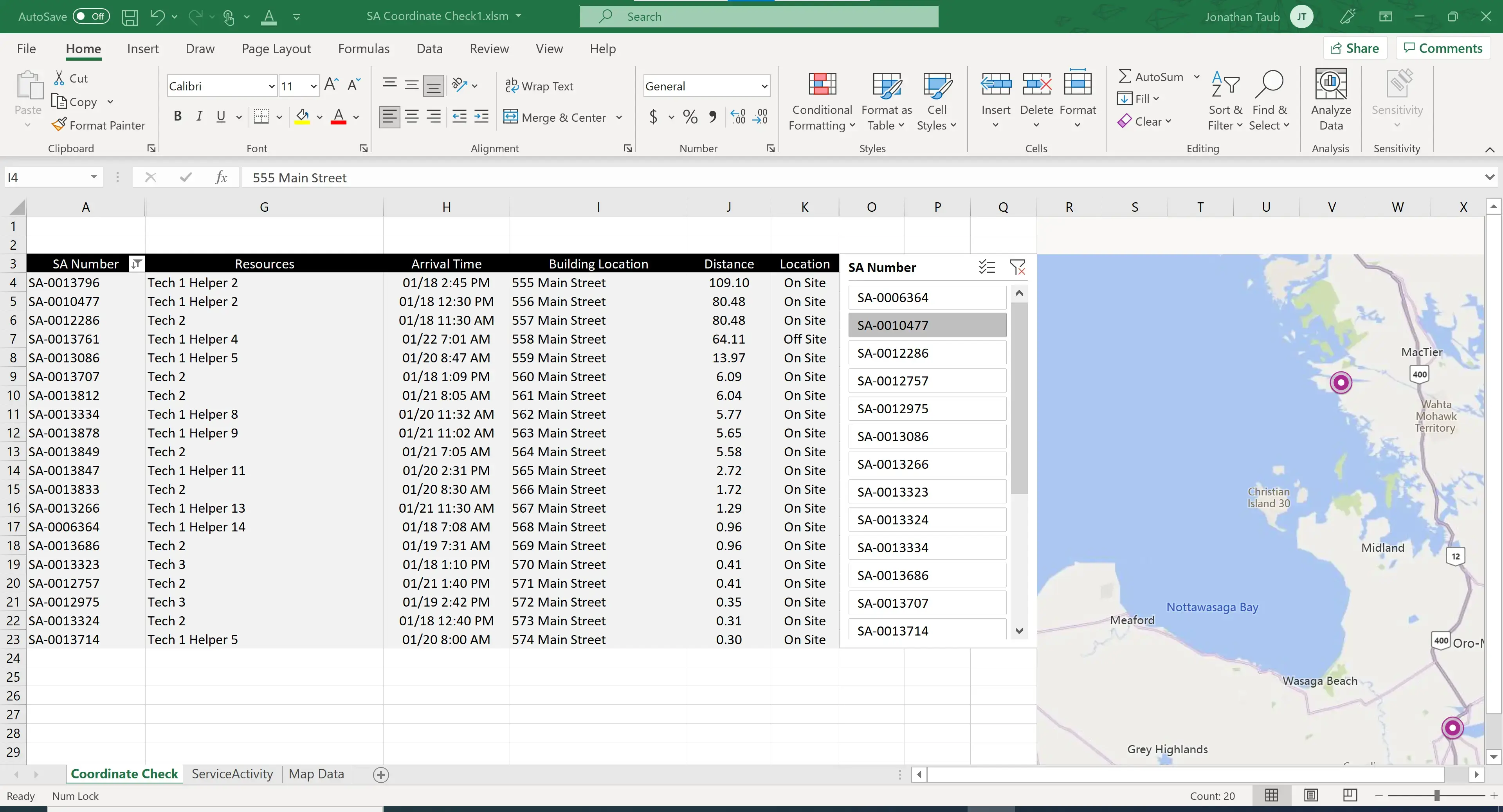It is no secret in the Elevator/HVAC contracting business that the biggest financial concern is field staff utilization and realization. A 1% variation in billings and/or field staff costs have a direct impact on cash flow, net income, and the valuation multiple.
Contractors use a variety of time tracking and collection tools ranging from paper time sheets to mobile apps. With paper time sheets, the potential for errors or even deception is unlimited. For contractors using mobile apps, we have found that in many instances contractors are not leveraging them properly to enforce true time tracking. This is either due to limitations of the mobile software or because the back-office software is not capable of delivering real-time field staff accountability in conjunction with the mobile app.
The result: both the contractor and their customers incur costs and charges that could easily be avoided. Either through conscious intent or deficient management controls, time sheet fraud and discrepancies are a significant cost that creeps into contractor organizations though inefficiencies, inaccuracies, legislation non-compliance, and employee time tracking fraud.
Sources of Time Sheet Discrepancies
Inflated Hours
- With paper-based time sheets, employees may enter incorrect times of arriving and leaving work, overstating their hours, or rounding up to the nearest hour. For companies using mobile apps that are not GPS enabled, staff clock in when not actually at the job site.
Transcription Errors
- If time entries are retyped from time sheets, timecards, or from one system to another, there is risk that an employee will enter the times incorrectly, either due to dishonesty or simple mistakes. The fewer opportunities for duplicate data entry, the more accurate and trustworthy the data will be.
Time Sheet Submission Delays
- Submission delays occur when a staff member does not report or record hours in real-time. A lag between work performed and time recording allows for inaccuracies when trying to recall what you did. This is a significant problem when staff have multiple service calls per day, or when supervisors have a large number of personnel to keep track of.
Prevention
When someone is intent on time sheet fraud, it may not be possible to completely eradicate the problem. The best thing you can do is create processes and procedures you can enforce in real time as the staff move through their day.
Replace Signature Time Validation
- Enforcing clocking in and out while also automatically associating the billing entry to the payroll time entry is a good place to start. Customer signatures have been the traditional way to obtain customer validation but in a post-pandemic world, or when work is performed after hours, signatures are not always feasible. Your mobile app should be able to time and GPS stamp the arrival and departure time for when the service was performed, replacing signature time validation. Contractors should be able to review these time entries in real time, as well as provide customer transparency after a reasonable review time if required.
Dashboards
- Service Ticket Tracking: Service ticket tracking on maps from the office should be standard functionality in systems today. Dashboard views showing on-time arrival stats are also standard functionality with newer contractor management systems and can be used to update dispatchers as to the progress of the field staff throughout the day.
- Real-time Flags and Reporting: Reporting and notification capabilities in today’s contractor management software provide robust opportunities to stay ahead of time reporting fraud before payroll gets run. For example, the system can be setup to send a manager a daily exception report showing where actual clock-in/clock-out deviated from the schedule. This allows the manager to stop careless compliance and potential timecard fraud before it impacts the company’s bottom line. Payroll managers can view dashboards and reports to see if payroll is trending over budget, giving them time to investigate before the problem persists.
Automated Service Call Statuses
- Another effective accountability tool is the use of automated service call status emails or text notifications. Field staff are used to dispatch systems with this level of sophistication. They understand that customers are expecting transparency and accountability and know their service calls are both monitored and reconciled against the invoices. When field staff know that their time entries and GPS coordinates are included on the customer invoices, the motivation for time sheet fraud is suppressed at the scene of the crime.
The key to minimizing time sheet inconsistency and fraud is to ensure you have the right policies, business processes and technical systems in place that can’t be easily manipulated.
FIELDBOSS Coordinate Check

If you would like to learn more about how FIELDBOSS can help you combat time sheet fraud in your service business, please contact us or request a personalized demo.